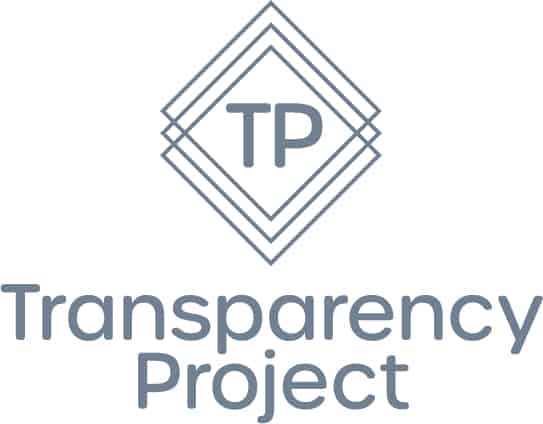The legal blogging pilot starts on Monday.
We have been thinking about how it might work and some of the issues that may arise.
We have created a dedicated legal bloggers page, which provides information about the scheme and answers some likely queries.
If you are a lawyer please consider trying out this scheme, and please do let us know how it goes (for better or for worse) by completing our survey. It is really important that this scheme is made to work, and that any issues with it are identified and thought through. We hope to help that process.
We hope to have publish some posts in the course of next week arising from the first days of the pilot.

Isn’t it easier for any lawyer who wants to attend a family court to do so under (g)? FPR 2010 r 27.11(2)(g) says that a person can attend court ‘(g) …. [if] the court permits [them] to be present’; and that’s it. There is no restriction which prevents any lawyer from asking.
A legal blogger (the new r 27.11(ff)) is ‘(ff) duly authorised lawyers attending for journalistic, research or public legal educational purposes’ (‘duly authorised lawyer’ and ‘lawyer’ (yes both) are further defined). The duly authorised lawyer is required in addition to (g) to comply with:
Identification of lawyers as ‘authorised’
4A.1.
Lawyers will be expected to carry with them identification sufficient to enable court staff, or if necessary the court itself, to verify that they are “authorised” lawyers within the meaning of the rule.
4A.2.
The following forms of identification provide sufficient information, and production of such identification will be both necessary and sufficient to demonstrate that the lawyer is “authorised” within the meaning of rule 27.11(7)(b)(i), (ii) and (iii) respectively—
(a) a current practising certificate accompanied by picture identification of the lawyer and a signed written statement by the lawyer which complies with paragraph 4A.3;
(b) confirmation on headed notepaper from the relevant Higher Education Institution (or Law School, Faculty or Department of that Institution) of the lawyer’s position and qualification, accompanied by picture identification of the lawyer and a signed written statement by the lawyer which complies with paragraph 4A.3;
(c) confirmation on headed notepaper from the relevant registered educational charity (specifying the registered charity number) of the lawyer’s position and qualification, accompanied by picture identification of the lawyer and a signed written statement by the lawyer which complies with paragraph 4A.3.
4A.3.
The signed written statement required by paragraph 4A.2 must—
(a) confirm that the lawyer’s attendance is for journalistic, research or public legal educational purposes and that the lawyer has no personal interest in the proceedings and that he or she is not attending in the capacity of agent or instructed lawyer for any client; and
(b) confirm that the lawyer is aware of and will abide by any restrictions on publication, whether arising by operation of law (for example under section 97 of the Children Act 1989 and section 12 of the Administration of Justice Act 1960) or imposed by order of the court, which follow from the proceedings being in private.
And any party – say a parent – who objects to attendance of a (ff) person, is entitled to ask whether the greater can be amended by the lesser: a rule (ie delegated legislation) by a mere PD…
HI David, we think that it should be a lot easier to attend as of right, rather than as an exception to the rule.